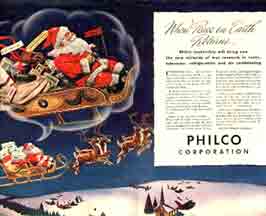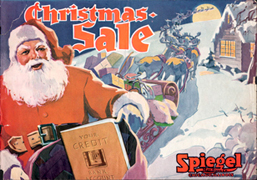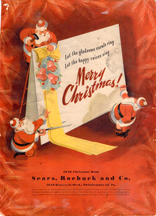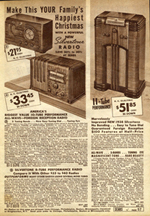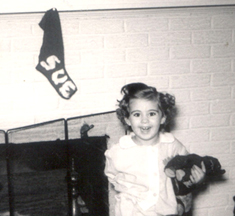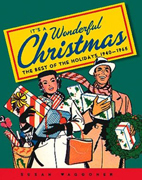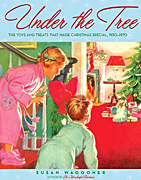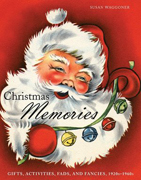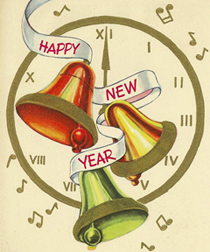 Well, it’s New Year’s Eve Eve. Just two more days, and we’ll all be cursing ourselves for writing 2011 on our checks.
Well, it’s New Year’s Eve Eve. Just two more days, and we’ll all be cursing ourselves for writing 2011 on our checks.
With just a few hours remaining till the ball drops in Times Square, toasts are raised, and midnight smooches are shared, we thought we’d make a present to the Cladrite community of All Star New Years Dancing Party, an hour-long radio program that originally aired on the Armed Forces Radio Service on December 31st, 1945.
The program, which is hosted by Harry James, features performances from across the country and around the world by such legendary big bands as the Count Basie Orchestra in New York City, Freddy Martin‘s outfit performing from Los Angeles’ Cocoanut Grove night club, Woody Herman and His Orchestra in New Jersey, Louis Armstrong and His All-Stars from Club Zanzibar in Manhattan, and many more.
It’s a fine way to welcome in a brand new year.
All-Star New Year’s Eve Dancing Party—12/31/1945 (1 hr., 4 sec.)


